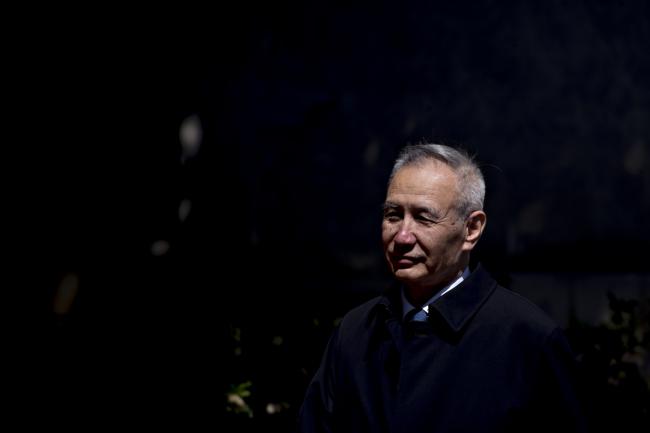(Bloomberg) -- The next round of China-U.S. trade talks will get under way in Beijing this week with significant issues still unresolved, according to a senior administration official.
While both sides are eager to reach an agreement, the possibility remains that President Donald Trump would walk away from the negotiating table with China if he isn’t satisfied with how talks are progressing, the person said, who spoke on the condition of anonymity.
U.S. Trade Representative Robert Lighthizer and Treasury Secretary Steven Mnuchin are scheduled to begin talks in Beijing on Tuesday with Chinese Vice Premier Liu He. Discussions will cover trade issues including intellectual property, forced technology transfer, non-tariff barriers, agriculture, services, purchases, and enforcement, according to a White House statement.
Liu will then lead a Chinese delegation to Washington for additional discussions starting on May 8. Negotiators have indicated they are close to a deal and Trump last week said Chinese President Xi Jinping will come to the White House "soon."
The year-long trade war has weighed on confidence and dented shipments, with nine of the 10 gauges tracked by Bloomberg to assess the health of global trade below their average midpoint. Still, the world’s two biggest economies recently posted better-than-expected gross domestic product reports for the first quarter, raising optimism that headwinds are fading for the global economy.
Last week, the Trump administration said China has failed to bolster protection for intellectual property and open its market to more foreign companies, despite Beijing’s promises to reform. The U.S. kept China on a “priority watch list” of nations that don’t adequately protect IP rights, according to the annual report of the USTR’s office on IP practices around the world.
Xi spent a large portion of a speech to some 40 world leaders on Friday discussing Chinese domestic reforms, pledging to address state subsidies, protect intellectual property rights, allow foreign investment in more sectors and avoid competitive devaluation of the yuan.
(Updates with comments from administration official in second paragraph.)
